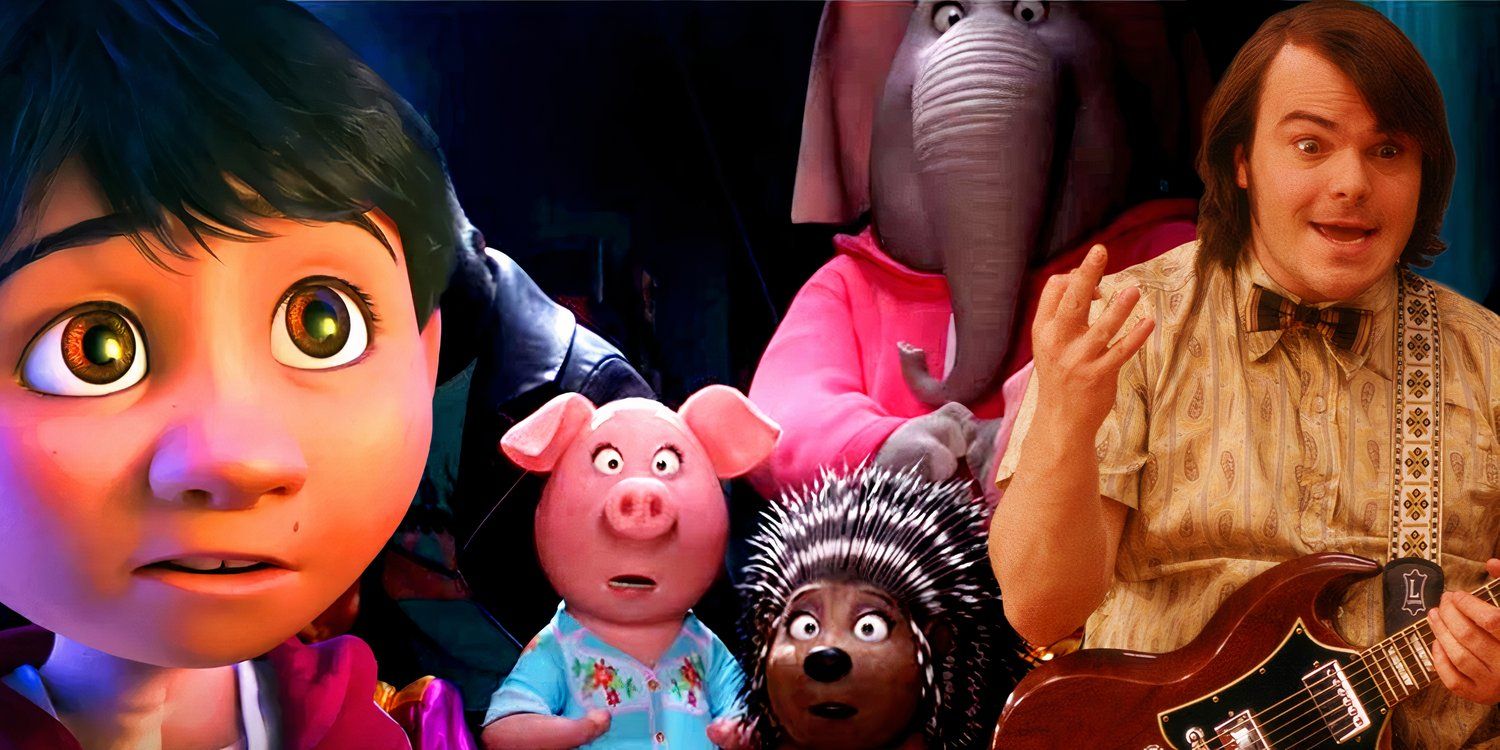One of the darkest chapters in South Korean history is chronicled in “12.12: The Day,” a riveting account of the coup d’état of the 1979 coup d’état that followed the Oct. 26 assassination of authoritarian president Park Chung-hee. Meticulously written and very well-performed by a top-notch cast including Hwang Jung-min (“Deliver Us From Evil”), the first feature from director and co-writer Kim Sung-su since 2016 is an exciting and highly suspenseful political action-thriller that ventures where no South Korean feature has gone before. This forensic examination of events that dashed hopes of democratic reform and plunged the nation into eight more years of severe military rule was a smash hit in its December 2023 release in Korea. Now it marks a worthy competitor in the best international feature film Oscar race as the country’s submission in the category.
With a domestic box office gross of $91.7 million, “12.12” is of those films that serves a purpose beyond entertainment. As the first feature from South Korea to dramatize this critical and painful moment in its contemporary history — opening text informs us “the story of that winter has been completely hidden” — it has been embraced by South Korean audiences as part of national reckoning, truth-telling and reflection. The clear message to viewers in a nation that has found its way to true participatory democracy is “this is what happened in 1979, and it must never happen again.” This message comes even more sharply into focus following the brief period of martial law declared by sitting President Yoon Suk-yeol on Dec. 3, and the significant political fallout that has followed.
In telling this story, Kim and his co-writers have been mindful of South Korea’s strict libel laws and changed the names of participants, adding a disclaimer that characters and events “have been fictionalized for dramatic purposes.” As the identity of everyone is obvious and the timeline of events is precise, this does not dilute the film’s impact. Yet there is a slightly strange viewing experience to watching the portrayal of real-life figures whose names have been ever-so-slightly changed to avoid potential legal problems.
First among these shadowy figures from the past is coup leader and Defense Security Command boss Gen. Chun Doo-gwang (Hwang Jung-min), based on Chun Doo-hwan, who ruled for eight years as military dictator following these events. Placed in charge of investigating the assassination of long-term president Park – an event dramatized in Im Sang-soo’s viciously satirical 2005 film “The President’s Last Bang,” which was subjected to legal action and censorship upon release – Chun soon comes into conflict with Gen. Lee Tae-shin (Jung Woo-sung).
Modeled on Jang Tae-wan, commander of the Capital Garrison Command in Seoul, Lee has been tasked by armed forces Chief of Staff Gen. Jeong Sang-ho (Lee Sung-min, who played President Park in 2020s “The Man Standing Next”) to maintain stability while an orderly transfer of power is overseen by prime minister-turned Acting President Choi Han-gyu (the real-life Choi Kyu-ha, played by distinguished veteran Jung Dong-hwan).
Kim’s film opens in high gear, with Chun sensing his chance to exploit a temporary power vacuum, and then never lets up as his band of cronies facilitate the plan with bribery, intimidation and the murder of fellow soldiers. Letting all his flamboyant acting chops loose without ever tipping into hamminess, Hwang is dynamite as a monstrous character whose combination of charisma, swaggering arrogance and sewer rat cunning inspires equal measures of fear and fealty among co-conspirators. “The night of revolution is short, but its glory lasts forever” he says.
Less flashy but equally commanding is Jung as the upright military man who’s determined to respect the law and prevent Chun’s power grab. Though unavoidably associated with the oppressive regime of Park, Gen. Lee has been expertly written and performed as a patriotic hero defending the principles of honor and due process that underpin the nation. It also helps that the 6’1” Jung towers over many cast members, including Hwang, giving Lee a physical authority to match his moral and ethical rectitude.
One of the screenplay’s strongest sources of suspense, especially considering the final outcome is already known, is its penetrating examinations of loyalty and human psychology in times of extreme pressure. As the tentacles of Chun’s support within the armed forces are revealed, there is much talk about the Hanahoe, a private military society that evolved from a group founded by Chun in the 1950s and comprised of hand-picked graduates of the Korean Military Academy. As the insurrection gathers momentum these Hanahoe loyalists, almost like sleeper agents from spy movie fiction, become traitors by falling in behind Chun to prove their obedience trumps any oath to protect the nation and its citizens. Among the most glaring examples is Ninth Division Commander Gen. Roh Tae-gun (Park Jae-hoon, excellent), a weak-willed lackey seduced by power and greed who’s based on Roh Tae-woo, Chun’s successor as president in 1988.
The psychology of this insurrection is also seen through the lens of Korean education and seniority. Chun’s contempt for Lee as a soldier who did not attend KMA and came through Officer Candidate School (and therefore not part of Hanahoe) is intrinsic to the drama. The importance of age as a powerful marker of authority — a principle that derives from the influence of Confucianism in Korean society — is vividly on display as junior officers and rank-and-file soldiers are caught, sometimes tragically, between these concepts and their duty to the nation.
While it can be challenging to grasp all the nuances of relationships and keep track of exactly who is on whose side among the densely populated roster of characters, Kim’s robust direction and razor-sharp editing by Kim Sang-bum leave no doubt about where the main players sit. The film provides a clear, compelling picture of exactly how each tactical move and counter-move is playing out on the city streets and military facilities of Seoul. Kim stages any number of thrilling action sequences, with large-scale troop and armored vehicle movements that bring the drama to an exciting and stirring climax.
With stellar contributions from cinematographer Lee Mo-gae (“Exhuma”) and lighting collaborator Lee Seong-hwan, production designers Jang Geun-young and Eun Hee-sang, and ace composer Lee Jae-jin’s (“Asura”) alternately moody and propulsive score, “12.12: The Day” is that rare cinematic entity that operates as a fabulously entertaining thriller while contributing to the national interest. The Korean title translates as “Seoul Spring,” an ironic reference to the blossoming of freedoms and democracy that were hoped for in 1979 but did not arrive until many years later.









 English (US) ·
English (US) ·